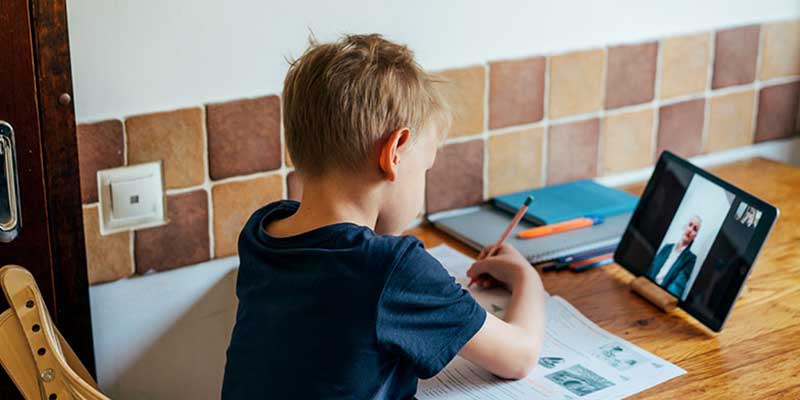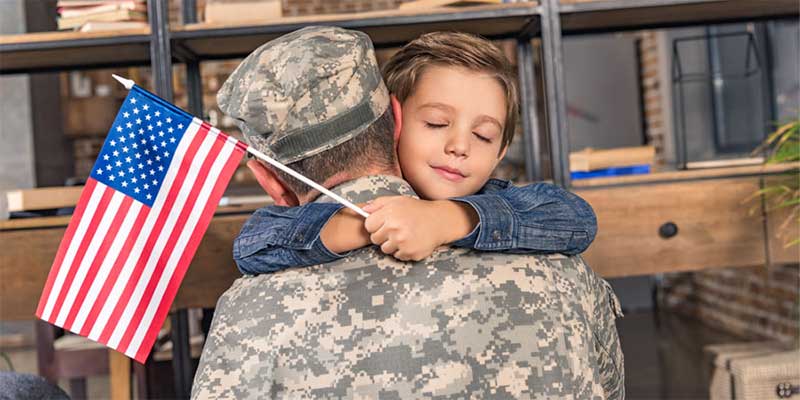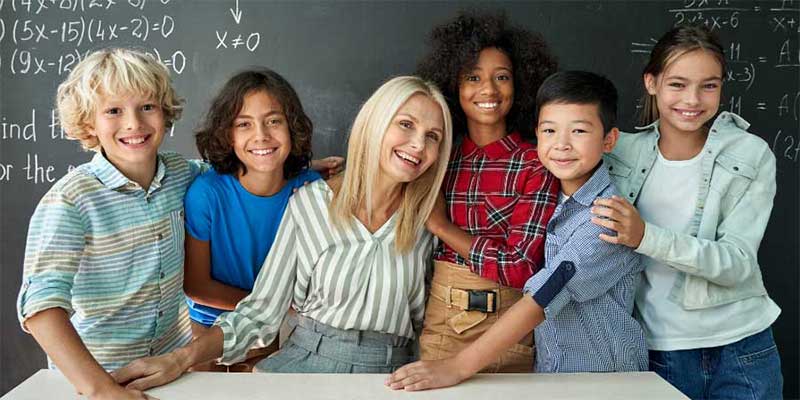Educational News
Why 1-on-1 Attention is Important to Coronavirus-Affected Students

As students have returned to distance learning this fall due to the ongoing COVID-19 pandemic, many parents are facing the reality of an online curriculum which falls short of in-person classes. After a rocky spring, the consensus among many parents was that distance learning had proved ineffective and stressful for the whole family. The efficacy of online education has been a hotly debated topic in recent years as many higher learning institutions had made the transition to distance learning for some subjects. While there are many benefits to online learning, many of which we have discussed on our blog, it is clear that not every online learning program is the same as any other.
We found what distinguished an exceptional online program was, among other things, live, face-to-face interactions between teacher and student. Of course, this make perfect sense. Research suggests that there is a negative correlation between class size and student satisfaction. That is, as class size increases, satisfaction decreases. A large class size discourages individual discussion, asking questions, and prevents instruction moving at a pace where all students are keeping up. And while large, lecture hall-style courses remain relatively the same when transferred from an in-person to an online format, going from a primary or secondary classroom setting to a group video call can have a very negative effect on how a teacher is able to interact with their class, and how individual students are able to participate in schoolwork.
While the flaws in distance learning offered by most public and private schools this year are obvious and frustrating, it is important to understand the limitations put in place by circumstance due to the ongoing Coronavirus pandemic. We must remember that teachers for the most part are doing their best with what they are given, and want to do everything in their power to create the best learning experience for the kids in their classes. If given the choice, most teachers would prefer to give personalized attention to every child. But good intentions are not always enough.
To that end, many parents have been turning to supplemental education to provide their children with 1-on-1 support. While pod programs and tutoring can be effective to limit exposure of students to COVID while still providing individualized support, they can also be staggeringly expensive. More affordable programs can cut corners by employing unqualified staff who behave more like study hall monitors than actual educators. When choosing a supplemental education program, look for a reasonably priced program which employs certified teachers and utilizes a proven curriculum.
The most important thing to remember as a parent is that you are not alone. You have options, and there are people who are eager and qualified to help you and your children achieve academic success!


